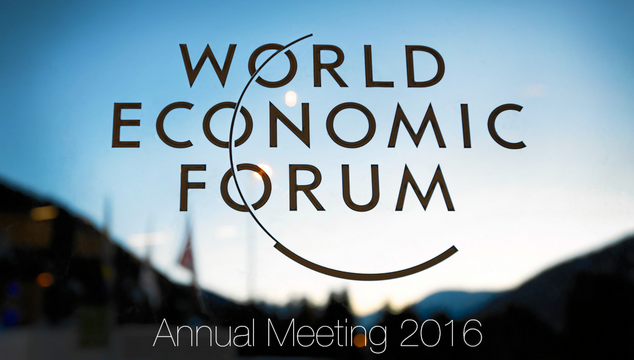« back
Reminding Davos Delegates of Global Inequality
 January 2016 / Jane Carter, Gender and Social Equity Coordinator, HELVETAS Swiss Intercooperation
January 2016 / Jane Carter, Gender and Social Equity Coordinator, HELVETAS Swiss Intercooperation
 The World Economic Forum kicks off today in wintry, snow-clad Davos. The economic climate is also wintry – particularly for the world’s most economically poor and socially disadvantaged citizens. Oxfam has nicely timed the release of its most recent report on inequality just days before the Davos event, making headlines with the shocking figure that 62 individuals, 53 men and nine women, now control half of the world’s wealth (1). Furthermore, this economic power is becoming increasingly concentrated; in 2010, the number of people whose wealth was equal to that of the poorest half of the world’s population was 388. That very select group has steadily decreased in number every year since then to the present 62. It is not only that the very rich are getting richer; the poor are getting poorer. The wealth owned by the “other half” of the human race (3.6 billion people – more of them women than men) has fallen by a trillion dollars in the past five years. These figures are to be taken seriously; Oxfam makes its calculations based on the Credit Suisse Global Wealth Datebook (2) and the Forbes’ billionaires list (3). In an argument presumably tailored for Davos delegates, Oxfam points out that growing income divides could be effectively reduced through reforming global taxation systems, with an end to tax havens for those who can afford them.
The World Economic Forum kicks off today in wintry, snow-clad Davos. The economic climate is also wintry – particularly for the world’s most economically poor and socially disadvantaged citizens. Oxfam has nicely timed the release of its most recent report on inequality just days before the Davos event, making headlines with the shocking figure that 62 individuals, 53 men and nine women, now control half of the world’s wealth (1). Furthermore, this economic power is becoming increasingly concentrated; in 2010, the number of people whose wealth was equal to that of the poorest half of the world’s population was 388. That very select group has steadily decreased in number every year since then to the present 62. It is not only that the very rich are getting richer; the poor are getting poorer. The wealth owned by the “other half” of the human race (3.6 billion people – more of them women than men) has fallen by a trillion dollars in the past five years. These figures are to be taken seriously; Oxfam makes its calculations based on the Credit Suisse Global Wealth Datebook (2) and the Forbes’ billionaires list (3). In an argument presumably tailored for Davos delegates, Oxfam points out that growing income divides could be effectively reduced through reforming global taxation systems, with an end to tax havens for those who can afford them.
Will such issues be on the agenda in Davos? The refugee crisis has certainly highlighted the issue of inequalities in public consciousness in Europe, but one of the consequences is likely to be a reduction in spending on development cooperation elsewhere in the world. With budget tightening following the global economic crisis, this has already been slipping since 2011 (4). In Switzerland, government spending on development interventions was not impacted so quickly, but the current outlook is less rosy. At the same time, those very wealthy individuals at the top of the economic pile are increasingly seeking a certain degree of wealth distribution – on their own terms. A good thing for those who benefit, perhaps, but there is also increasing evidence that the ideas and priorities of the “philanthrocapitalists” are shaping global development priorities in a significant and inappropriate manner (5).
Delegates in Davos will no doubt have numerous difficult issues to discuss, but it is to be hoped that they do so in full consciousness of the significance and gravity of growing economic inequality. As Oxfam states, such inequality “is bad for us all – it undermines growth and social cohesion. Yet the consequences for the world’s poorest people are particularly severe.”
Sources
-
https://www-cdn.oxfam.org/s3fs-public/file_attachments/bp210-economy-one-percent-tax-havens-180116-en_0.pdf
-
https://www.credit-suisse.com/uk/en/news-and-expertise/research/credit-suisse-research-institute/publications.html
-
http://www.forbes.com/
-
http://www.oecd.org/dac/stats/aidtopoorcountriesslipsfurtherasgovernmentstightenbudgets.htm.
-
http://www.commondreams.org/news/2016/01/15/ultra-rich-philanthrocapitalist-class-undermining-global-democracy-report?utm_campaign=shareaholic&utm_medium=email_this&utm_source=email
Photo: http://www.weforum.org
